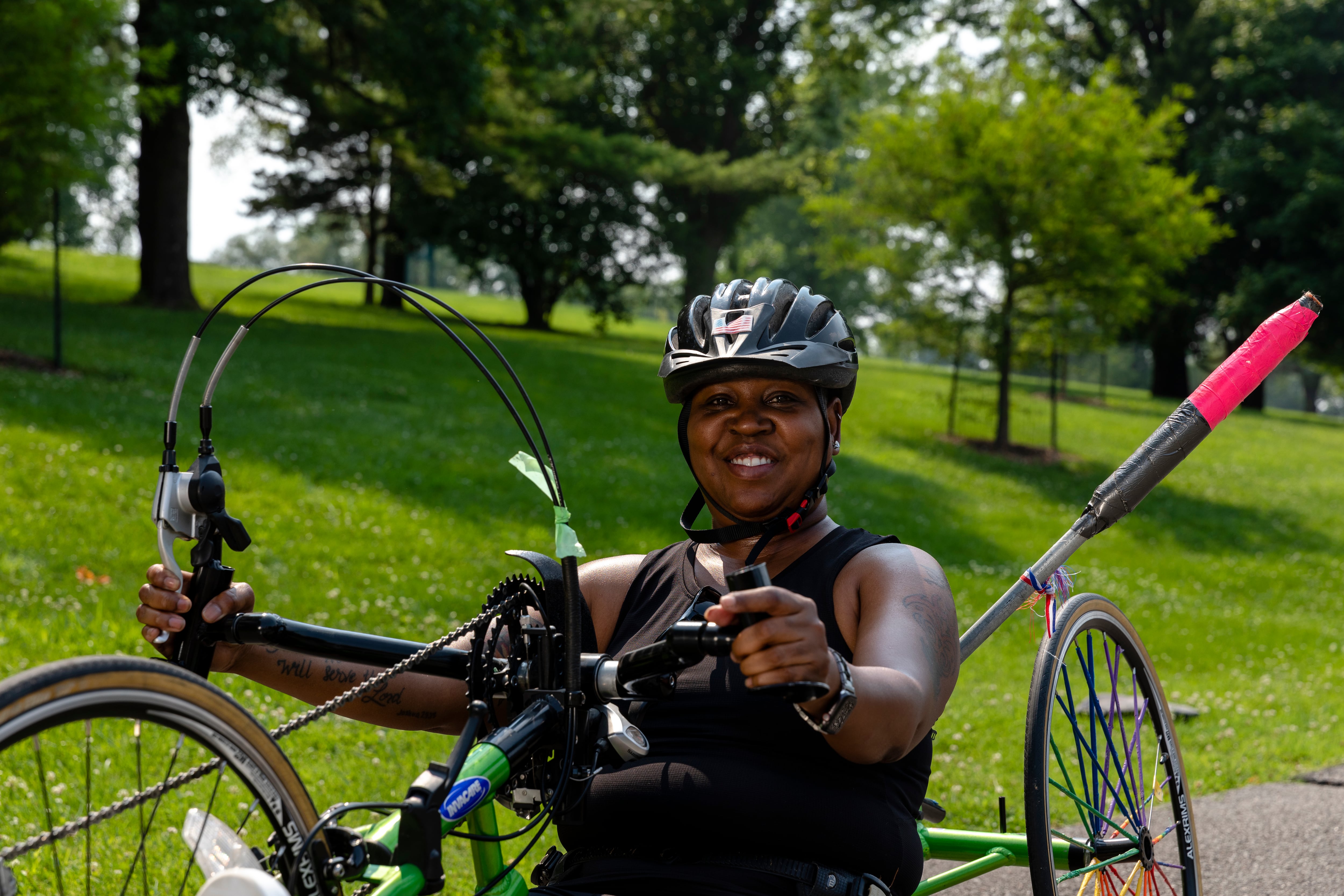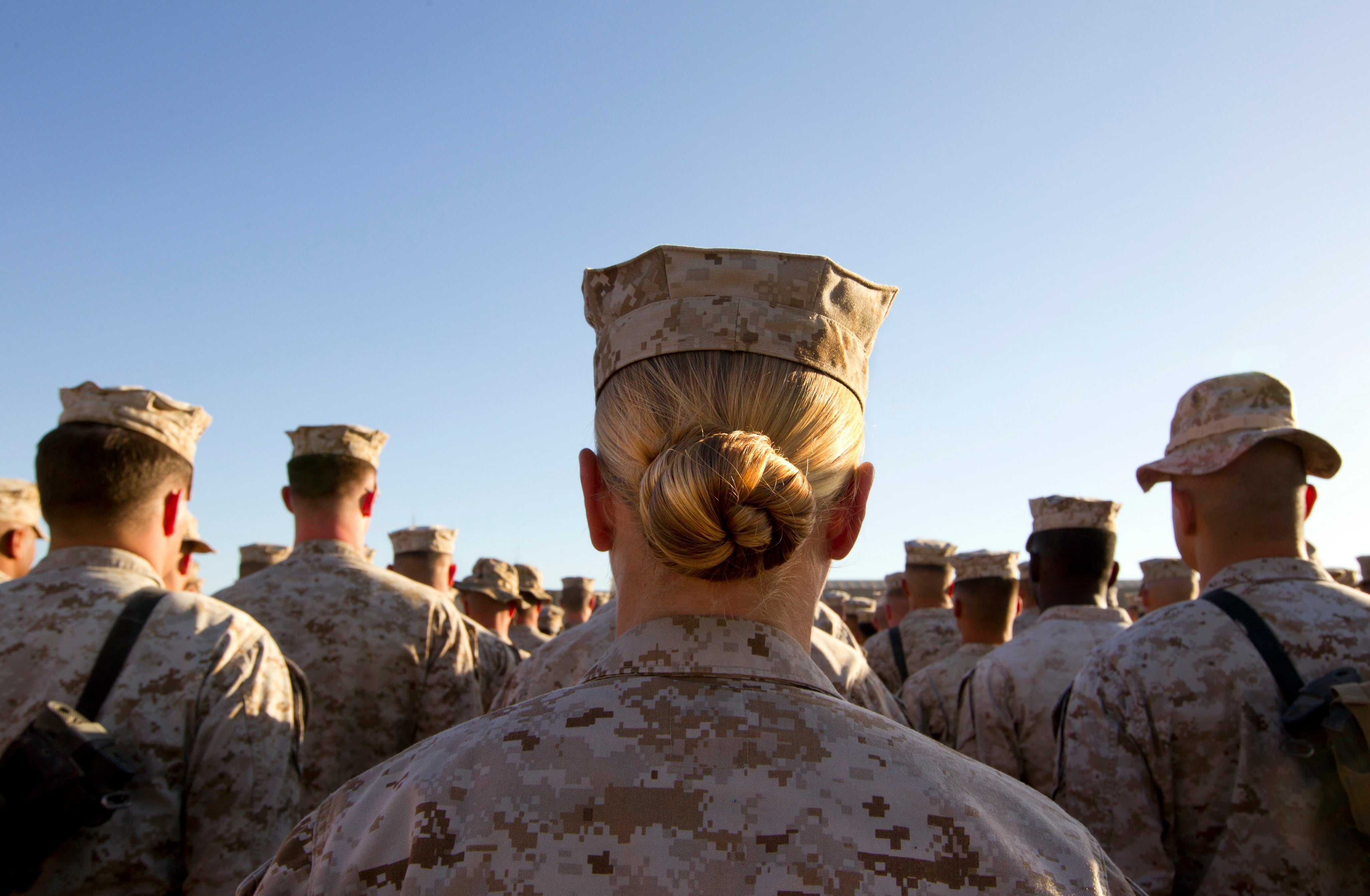Female veterans, especially those with lingering military injuries, struggle more with loneliness, anxiety and reintegration into civilian life than their male peers, according to new research released by Wounded Warrior Project on Tuesday.
Researchers said the findings show some progress in closing the gap but persistent challenges that could compound as the number of women veterans in America grows substantially in coming years.
“Women are among the fastest growing groups within the veterans community and the military, but when they transition back to their communities, they’re still often an anomaly, especially in the smaller communities,” said Tracy Farrell, vice president of program partnership and operations at WWP. “So, for many of them, finding someone to connect with who has similar experiences is difficult.”
The results of the “Women Warriors” survey — compiled from responses of more than 13,300 men and 5,100 women — is not necessarily applicable across the entire veteran community, since the group members included are typically dealing with more significant medical issues than the average veteran.
RELATED

But researchers say the findings do point to concerning gaps in after-military care and well-being for women veterans, especially those facing more challenges than their peers.
Among the veterans surveyed, 73% of women said they frequently experience loneliness or isolation. Among wounded male veterans, that figure was about 65%.
Injured female veterans also reported higher levels of anxiety (83% to 74%) and depression (81% to 73%) than their male peers. They were also more likely to struggle finding work, with 10% of women reporting problems with unemployment compared to 6.3% for men.
Farrell said past surveys by the group have shown those gaps have closed slightly in recent years, but not enough to say whether it represents a positive trend. She said efforts by federal agencies and non-profits over the last decade have provided some new resources for women veterans in need of help, but not enough.
“We haven’t really seen much progress in this idea of mentorship for those who are leaving in service, specifically women,” she said. “This could be through the Department of Labor or grants to community organizations. But it’s just taking that next step after transition, having somebody that is locked in front of her and sharing their lessons.”
Nearly 45% of the women in the survey reported some form of military sexual trauma, compared to 3% of men. Only 66% said they viewed their time in the military as a positive experience, while 82% of the wounded male veterans saw it that way.
The full survey is available at WWP’s web site.
Leo covers Congress, Veterans Affairs and the White House for Military Times. He has covered Washington, D.C. since 2004, focusing on military personnel and veterans policies. His work has earned numerous honors, including a 2009 Polk award, a 2010 National Headliner Award, the IAVA Leadership in Journalism award and the VFW News Media award.




